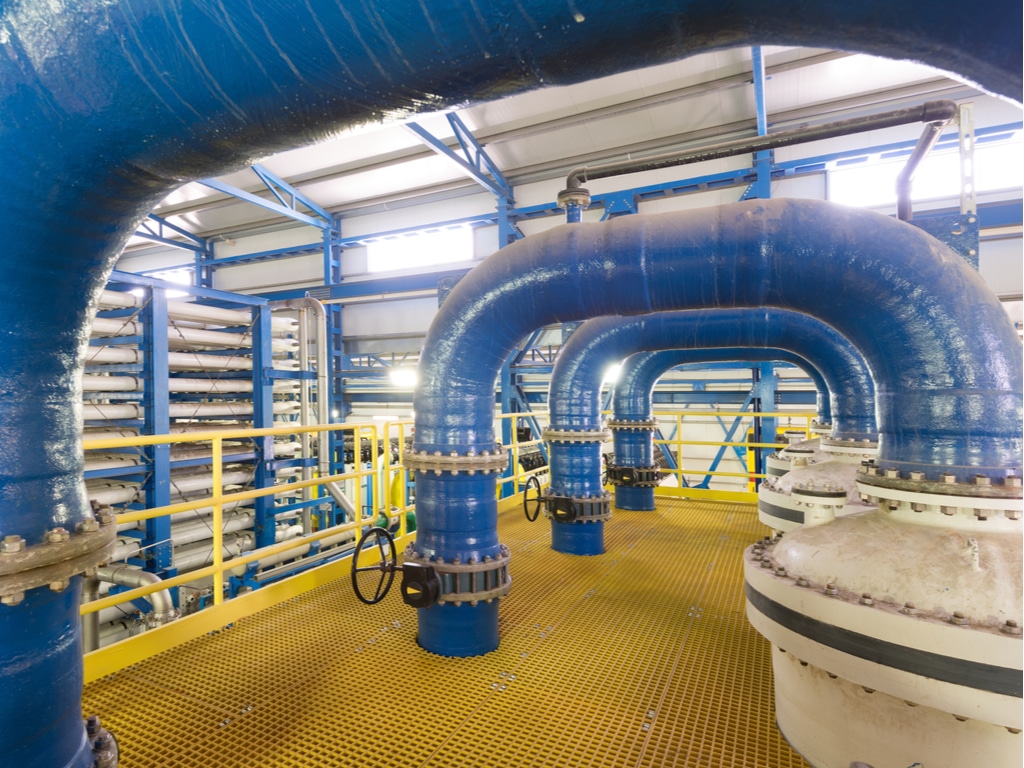The announcement was made on October 27th, 2021 by Algerian Minister of Water Resources and Water Security, Karim Hasni. By relaunching the seawater desalination plant of Zeralda, the government of Algeria relieves in a direct way 65 000 people in the city of Algiers.
According to the Algerian authorities, the rehabilitated plant is capable of supplying 10,000 m3 of drinking water per day. This is the third plant to be delivered as part of a project to upgrade and build four seawater desalination plants in Algeria. The Palm Beach plant (7,500 m3 per day) resumed operation in August 2021. The Ain Benian plant (10,000 m3 per day) has been operational since late September 2021. The other plant is located in Bou Ismaïl, a district of Tipaza province. After its expansion, the plant will have a capacity of 10,000 m3 per day against 3,000 m3 currently.
The construction of five new plants by 2024
Through its various projects, the Algerian government wants to mitigate the effects of water stress, caused by the drought that affects 18 wilayas. Among them, five wilayas will host new seawater desalination plants. These are Oran (Cap Blanc), Tipaza (Fouka), Bourmedes (Cap Djinet), Bejaia and El Tarf.
Read also- AFRICA: desalination now at the heart of water supply strategies
The Algerian Minister of Water Resources and Water Security, Karim Hasni estimates that these facilities will provide more than 300 000 m3 of drinking water per day to the beneficiary wilayas. While details on the start date of work on the various sites and construction companies have not been disclosed, the last plant will be delivered in 2024. “When these new stations will be operational, the water needs of the northern wilayas will be met to 42% by the desalination of seawater, “said Karim Hasni.
Inès Magoum
